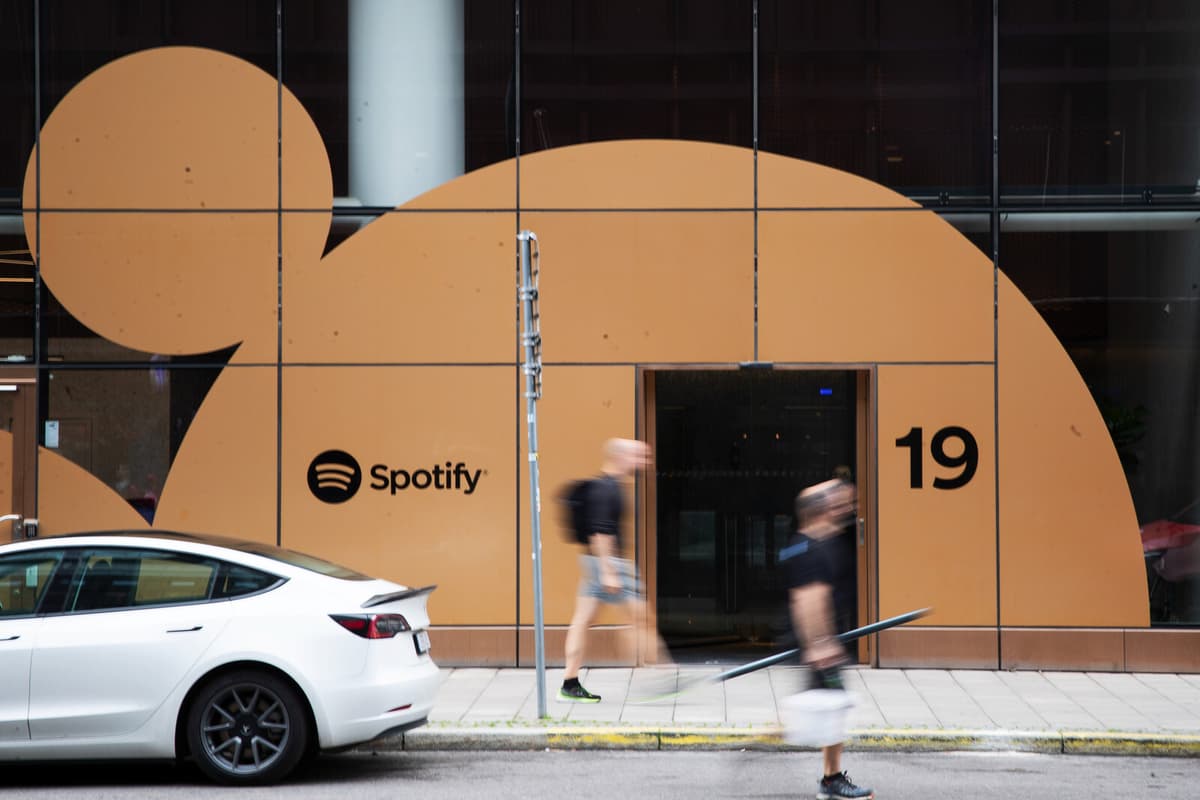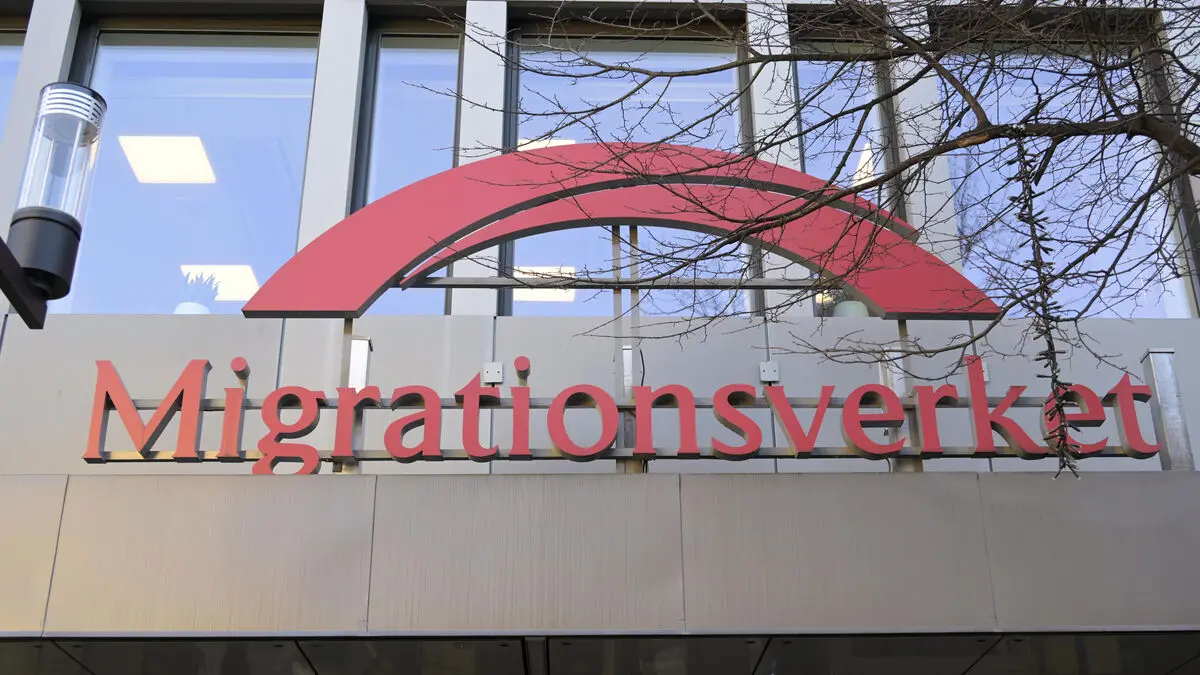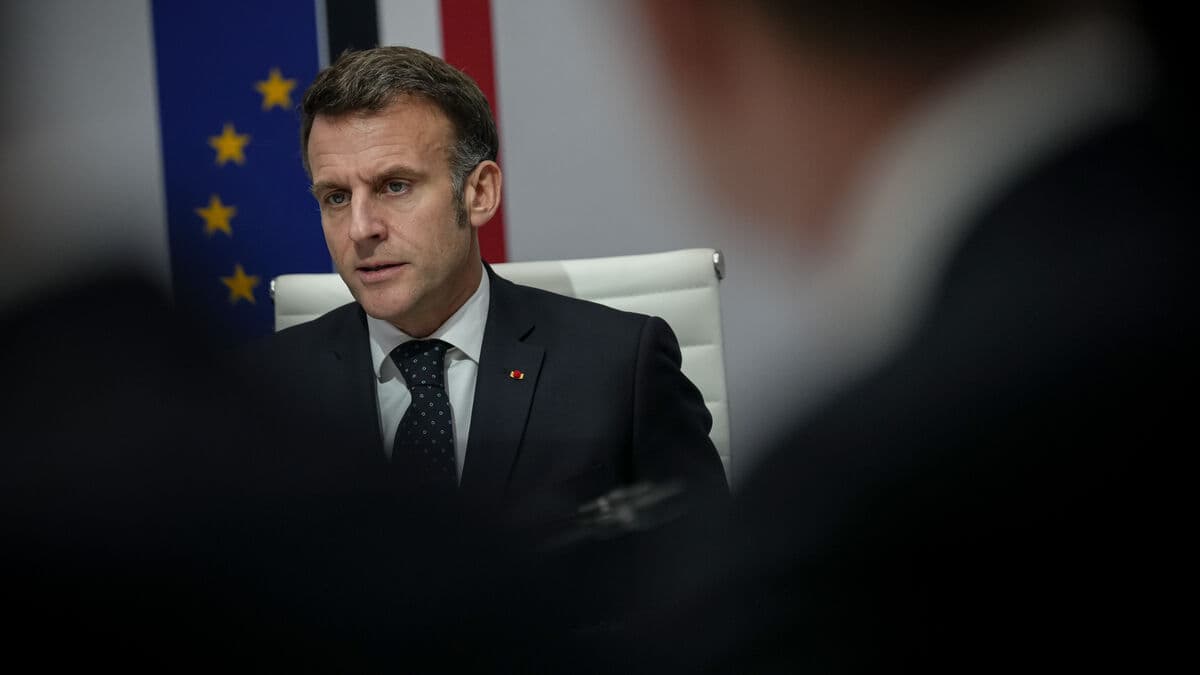"The Work Environment Authority's decision to deny us a dispensation for scheduled standby between midnight and 05.00 has led to us relocating parts of 250 jobs to other countries, and future recruitment of engineers will unfortunately mainly take place outside of Sweden", writes Spotify's HR chief Katarina Berg in a debate article in Dagens industri.
Spotify was denied a dispensation for night work for 250 people, first in the administrative court and last week also in the court of appeal. The company wanted, among other things, to get a dispensation to "maintain the operation of the company's services and protect the large amount of personal data that the company has".
In addition to the court, the Work Environment Authority has also recently said no to night work.
"Hinders growth"
Spotify is critical of the decision, which they see as an example of "outdated bureaucracy".
"In a broader perspective, the current regulatory framework prevents companies in Sweden from growing and reaching their full potential on the global market, which directly hinders Sweden's growth", writes Katarina Berg.
She receives support from the industry organization Företagarna.
"Sweden is an export-dependent country and many companies must be able to serve their customers around the clock. It's time we modernize the rules for night work: let the company and employees decide for themselves when they work without government interference", says Lise-Lotte Argulander, Företagarna's expert on labor law and work environment, in a press release.
The Union: Reach an agreement
The trade union Sveriges Ingenjörer, however, sees a simple solution to Spotify's problems: Sign collective agreements that make it possible to continue with night work.
You can come to an agreement with the unions and continue to do good business both here in Sweden nationally and globally, with good and fair conditions – both for them and for the employees, says chief negotiator Camilla Frankelius.
Sveriges Ingenjörer sees dangers if the legislation is relaxed, for example, that workers are pressured to work inconvenient working hours.
It can, of course, be the case that there are companies that think they can handle this excellently, but to release this legislation, as both Företagarna and Spotify are advocating for in this case, we would view very seriously. There are unfortunately far too many companies that are not serious, says she.






